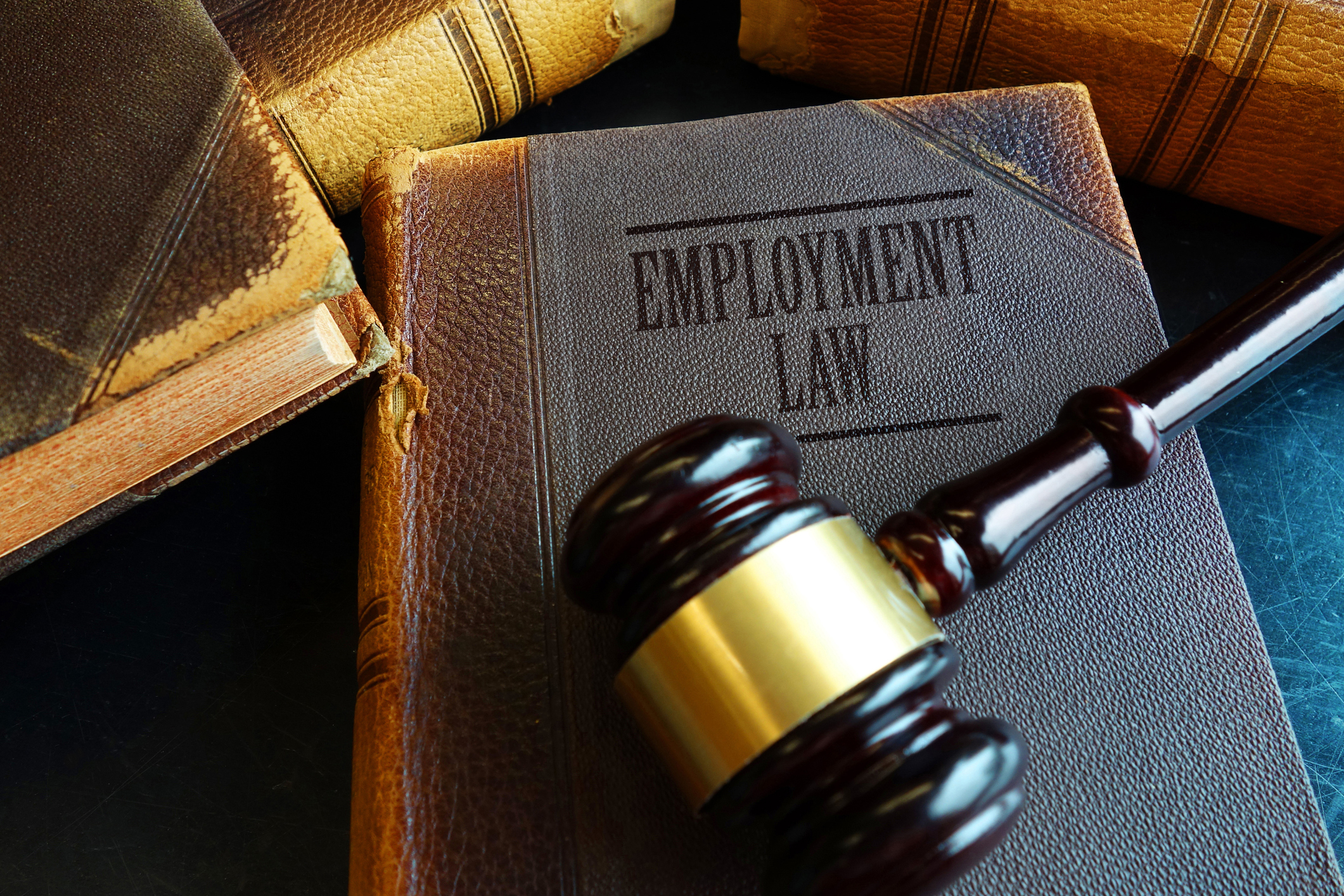Third Circuit Narrows Ellerth-Faragher Affirmative Defense in Hostile Work Environment Cases
Posted on: January 18, 2023
In: Labor & Employment

By: Lewis Brisbois' Labor & Employment Team
The Third Circuit Court of Appeals, in O’Brien v. The Middle East Forum, et al., No. 2102646 (3d Cir. Jan. 5, 2023), narrowed the Ellerth-Faragher affirmative defense in hostile work environment cases. The Third Circuit held that an employer cannot raise this affirmative defense if the harasser functions as the employer’s “proxy” or “alter ego.” Instead, an employer is strictly liable for harassment perpetrated by its proxy or alter ego.
In O’Brien, a female employee alleged that a high-ranking male colleague sexually harassed her. At trial, the judge instructed the jury that the employer could not be liable if it (1) exercised reasonable care to prevent the harassment, and (2) the plaintiff unreasonably failed to take advantage of any corrective opportunities provided by the employer. This is known as the Ellerth-Faragher defense. It is raised as a defense in harassment cases when the plaintiff suffers no tangible adverse employment action, e.g., termination or demotion.
The plaintiff in O’Brien asked the trial judge to issue another instruction: If the jury found that her harasser held such a high position that he functioned as the employer’s proxy or alter ego, then the trial judge should instruct the jury that the employer could not rely on the Ellerth-Faragher defense. The trial judge declined to give this instruction and the jury returned a verdict for the defense, finding that the plaintiff was not subjected to sexual harassment.
On appeal, the plaintiff argued that the trial court erred by refusing to instruct the jury that the Ellerth-Faragher defense is unavailable when the harasser qualifies as the employer’s proxy or alter ego. The Third Circuit agreed. More broadly, the court established that an employer is strictly liable for harassment perpetrated by an employee who is so high-ranking that he or she qualifies as the employer’s proxy or alter ego.
The Third Circuit did not define what constitutes a proxy or alter ego, but did give some guidance. For example, the Third Circuit found that the harasser in O’Brien served as the employer’s proxy or alter ego for the following reasons:
- He was its Director, Chief Executive Officer, and Secretary of the Board.
- He was the second-highest employee.
- He was the public face of the organization and “the man in charge.”
- He ran the organization’s day-to-day operations.
- He was the decision-maker at the office.
- He created and implemented office policies.
- He was responsible for overseeing anyone who worked for the organization.
- He wrote articles and made media appearances for the organization.
The Third Circuit clarified that only individuals with exceptional authority and control within an organization can meet this high standard.
Takeaway
In a scenario where the harasser occupies a high-ranking position, the Ellerth-Faragher defense may not be viable. As such, an employer cannot avoid liability by proving that it exercised reasonable care to prevent or promptly correct the harassing behavior, nor can it prevail by showing that the plaintiff failed to take advantage of available corrective opportunities provided by the employer. Rather, if the plaintiff proves that the harasser functioned as the employer’s proxy or alter ego, the employer will be strictly liable for the harassment.
For more information on this decision, contact the author of this post. You can also subscribe to this blog to receive email alerts when new posts go up.
